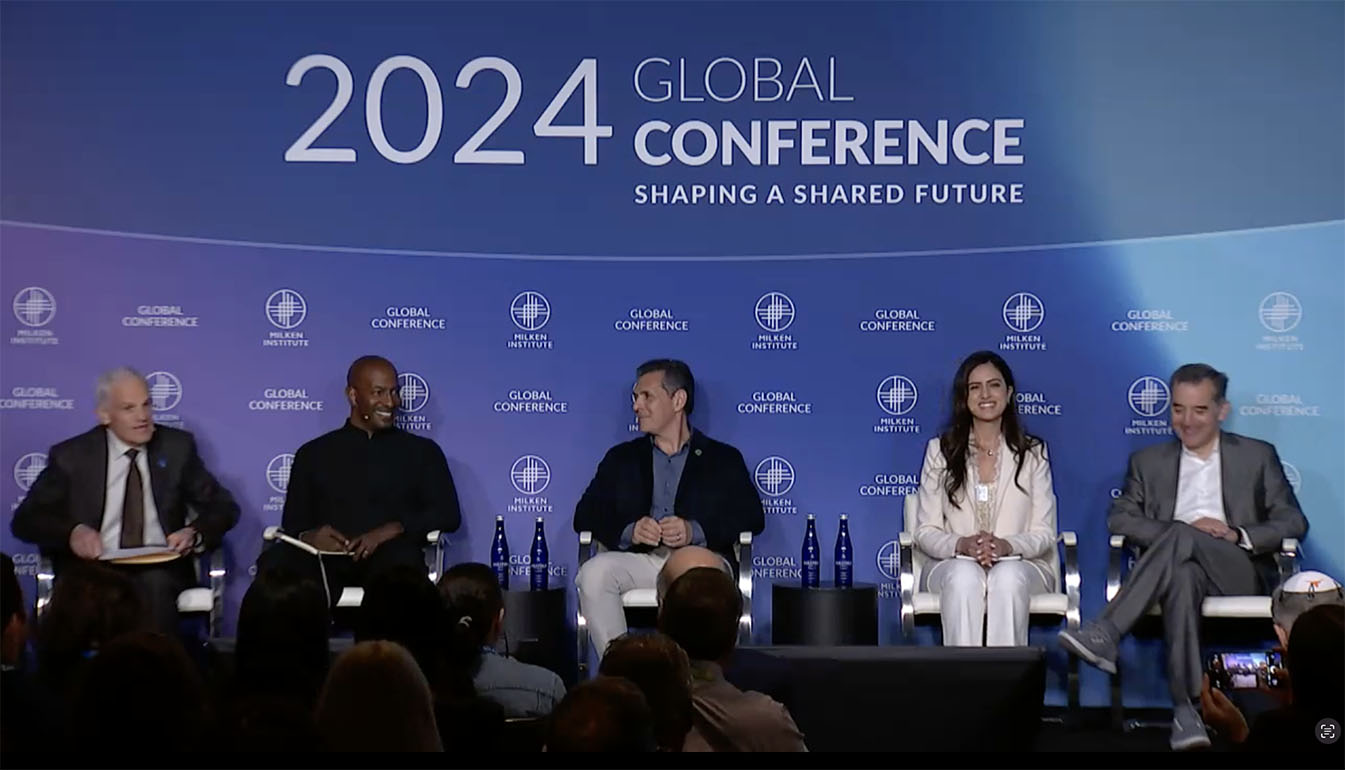On Sunday, not long after the talks in Geneva failed to provide an agreement between the P5+1 and Iran, John Kerry hit the airwaves to share some secretarial wisdom with his fellow Americans. Two days earlier, Israelis also had the chance to witness this mastermind of policy (if talks with the Palestinians fail, he warned them, a third Intifada is coming). But it was America's turn now, and Iran's. The US, Kerry said, continues to be skeptical of the latter's willingness to dismantle its nuclear program. “We are not blind, and I don't think we're stupid. I think we have a pretty strong sense of how to measure whether or not we are acting in the interests of our country and of the globe”, the Secretary said on “Meet the Press”.
“Blind” or “stupid” is quite bad of course, yet if you ask most Israelis, when it comes to the Iran negotiations “blind” or “stupid” is actually the most flattering depiction imaginable of Kerry. One could argue that turning the dispute between Israel and the US into a public brawl was a mistake on Prime Minister Netanyahu's side– I'll get to that in a second. Manners aside though, from an Israeli viewpoint Kerry is blind, stupid or naïve at best, but could also be considered as careless, irresponsible or defeatist. Since he was the one in Israel for talks, since he was the one making the unwise remarks about a third Intifada, and since he was the one rushing to Geneva to close the deal that all Israelis – you rarely see such consensus – agree is a sham, and since he was the one responding to Netanyahu's criticism – Kerry now overshadows Obama as public enemy number one.
The more the talks with Iran advanced, the more matters between Netanyahu and Kerry deteriorated. Some Israelis (and there's no-doubt they are joined by others in the US) have criticized Netanyahu for picking a fight in public with the Secretary of State. On Friday, as Kerry was leaving Israel to join the talks, Netanyahu declared that “the Iranians are walking around very satisfied in Geneva, and they should be because they got everything and paid nothing”. His language was blunt, and his manner dour. Judging by the way he spoke, he didn't think Kerry was merely stupid – he seemed to think that Kerry was spineless. That he was pathetic. And the usual ritual of a US-Israel “crisis” was already brewing.
It is a ritual familiar to all observers of US-Israel relations, about which some myths have to be debunked. No, it isn't because of the personal relations between Netanyahu and Obama that the US and Israel are constantly at odds. And it isn't an irresponsible Israeli policy that is the cause of crisis. And it isn't a matter of hostile American policy. When crisis becomes a chronic situation between the governments of two countries, the less serious approach is to blame it all on miscommunication or on lack of chemistry between the leaders. Naturally, communication helps. But, in fact, the communication between the two administrations isn't bad. They talk, they listen, they meet. And of course, chemistry helps, and there is not much of it between the cold and detached Obama to the condescending and smarter-than-thou Netanyahu. But does anyone truly believe that had there been more sympathy between these two leaders (and the wooden Kerry) the US would not have strived to cut the deal with Iran that it is about to cut?
A less colorful but more sober assessment of the nature of “crisis” begins with the real differences of opinion and with the real gaps in the understanding of the situation, and with the fact that the US and Israel are not one – these are two countries, and the leadership of these countries have two sets of interests and priorities. So yes, the US would like Iran to halt its nuclear program, if the cost for achieving such an outcome is not too high and if the issue doesn't become too disruptive when considering other priorities. But no, for the US the Iranian issue doesn't seem like an existential issue. And no, for the US the threat from a nuclear Iran is not as grave as it is for Israel (that is true even for those who do not accept the Israeli Prime Minister's doomsday view of the Iranian issue).
Thus, frustration aside, the coming of the crisis was to be expected. In fact, it is to be expected both on Iran and on the peace process with the Palestinians – two issues on which the governments of the two countries simply disagree. Looking back at the past five years of the Obama presidency, the pattern of US-Israel relations should be reinterpreted accordingly: initially, the governments weren't careful enough to mask the differences and hence constantly fought with one another. At some point, pretty early on, both sides realized that such fights contribute nothing and are a distraction, so they learned to behave better. Consequently, during routine days and weeks, the governments were civilized, cooperative, and friendly. Yet from time to time, when a moment of decision approaches, the gaps are manifested in a “crisis”.
The current crisis is serious then, not because of the harsher language or the sense of personal acrimony. It is serious because it is a crisis about an issue that both sides consider crucially important. The US finds it crucially important that Israel will not try to ruin the delicate agreement with Iran. Israel finds it crucially important to do exactly that, to try to ruin an agreement that will badly damage the effort to prevent Iran from having nuclear weapons. The governments aren't at odds over manners or niceties or language – they are working one against the other. The interests of the two countries- as their respective governments understand these interests- collide.
Thus, this is a troubling moment, even a scary moment, for those who believe in the US-Israel alliance.






















 More news and opinions than at a Shabbat dinner, right in your inbox.
More news and opinions than at a Shabbat dinner, right in your inbox.